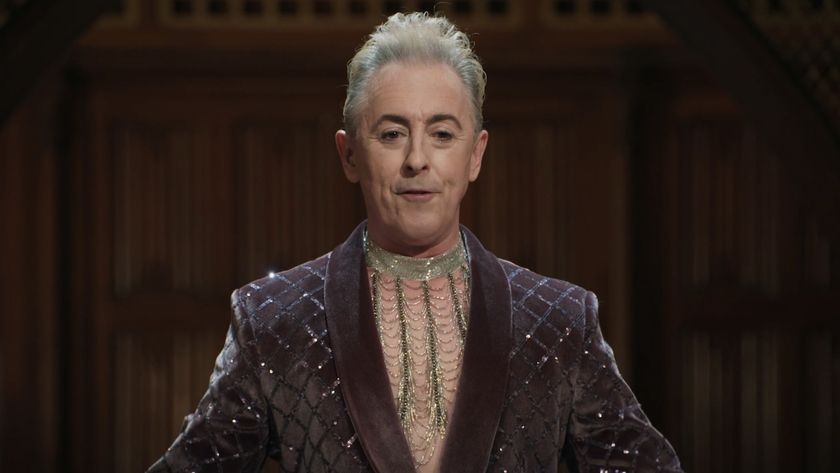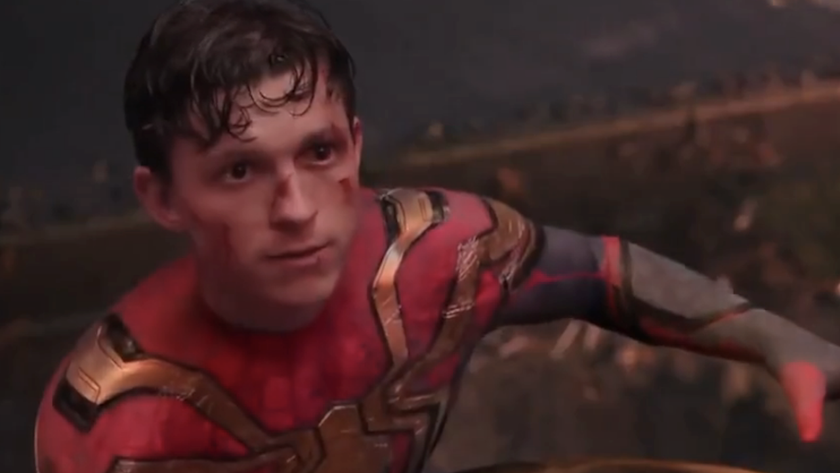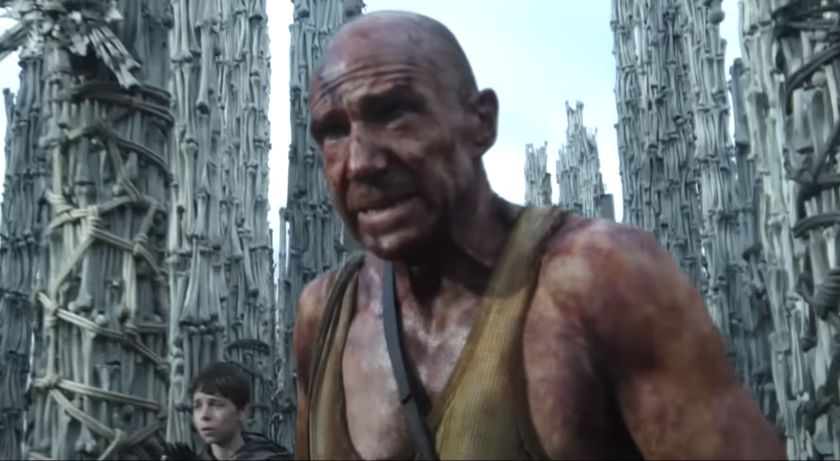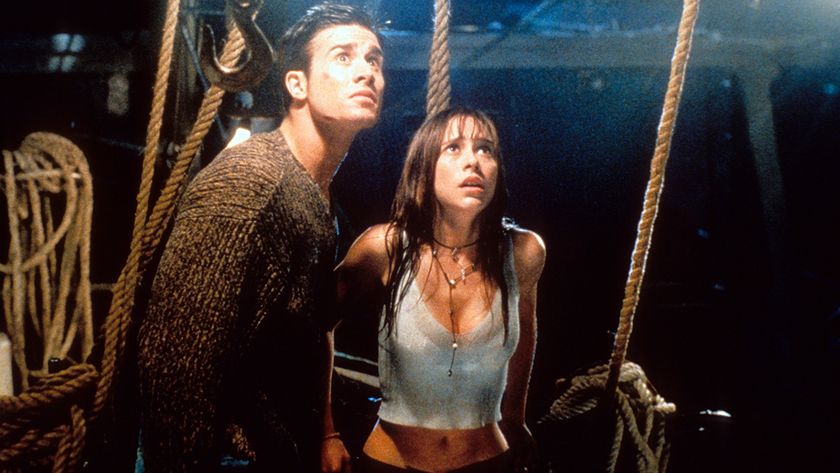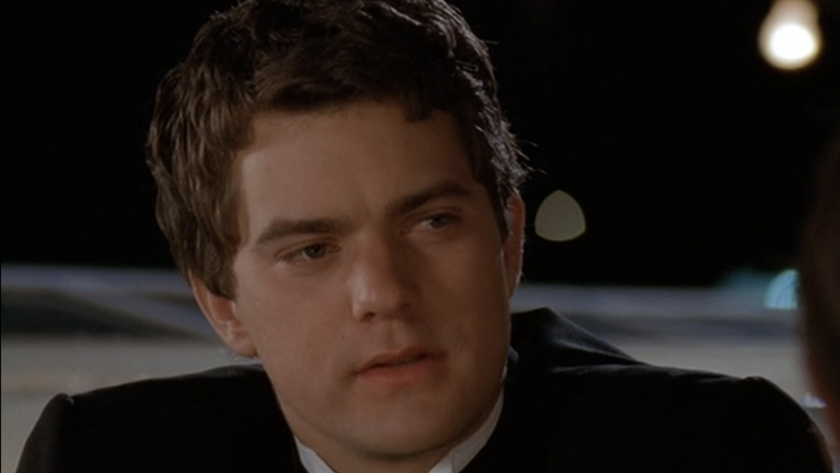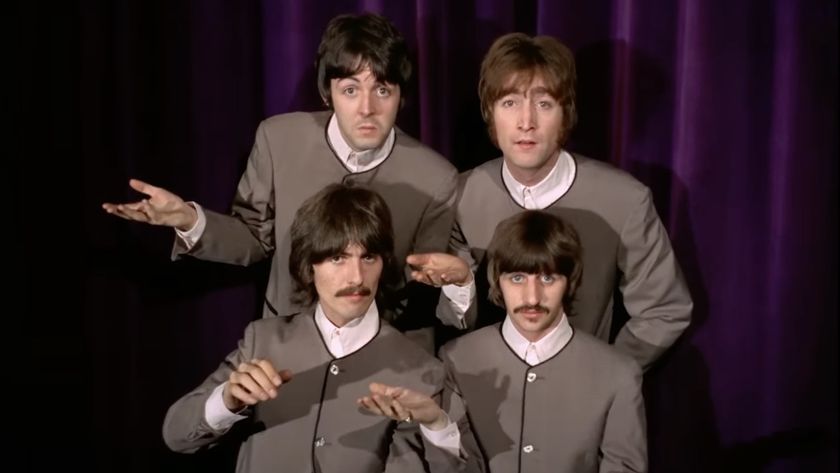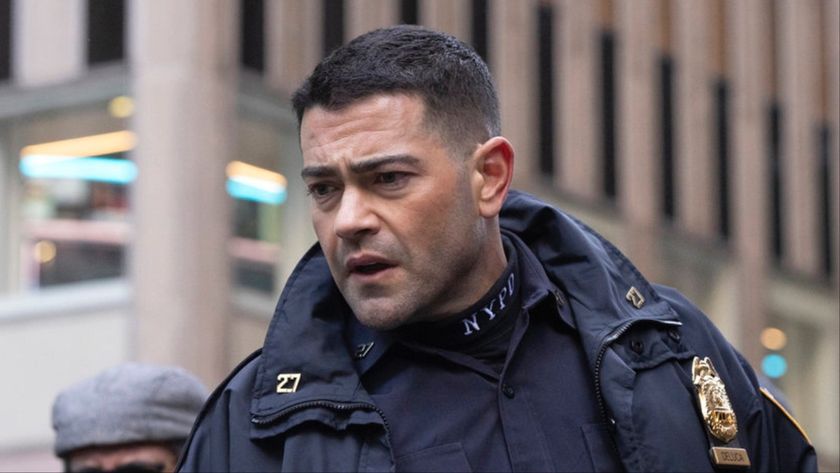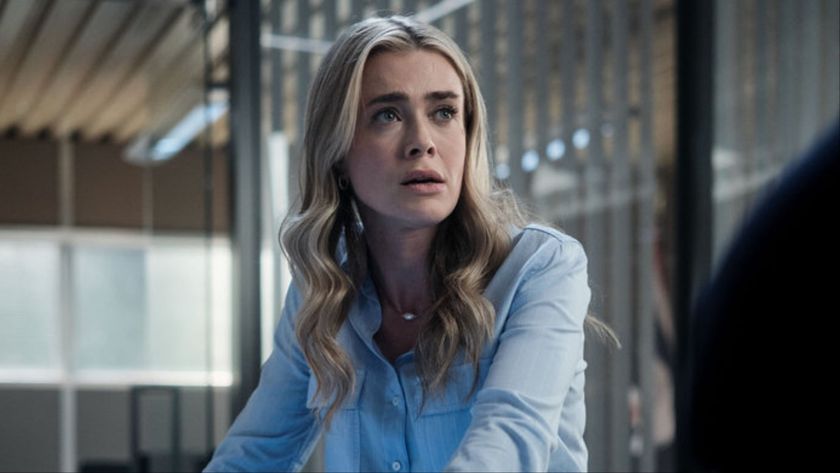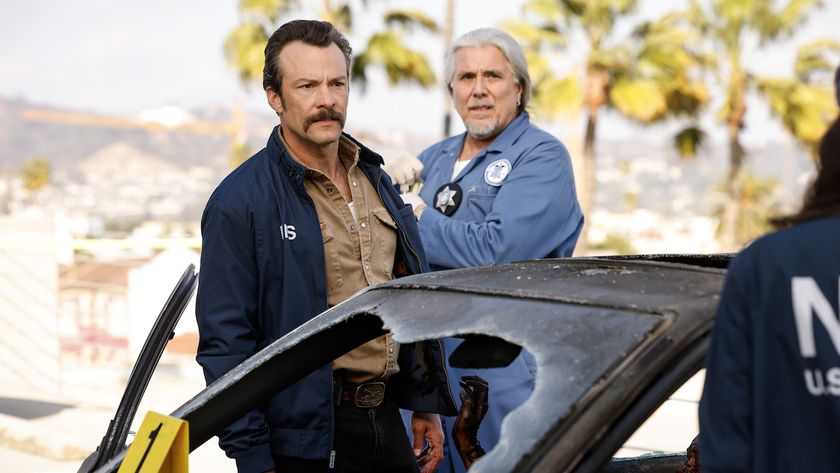New Infographic Illustrates A Major Flaw In Looper's Ending

Let this be your warning that the following article contains spoilers about Looper. You probably should have figured that out from the headline, but we here at Cinema Blend believe in safety nets. For those of you who have seen Looper or just don't care about spoilers, enjoy!
Rian Johnson's Looper is an interesting, well-made science-fiction story with terrific performances and an interesting statement about violence in our culture, but one also has to admit that the film has a good number of plot holes that undermine parts of the world that Johnson has created. While the filmmaker may have answers, the movie never really explains why Loopers have to close their own loops (wouldn't it be so much easier to have another looper do it?); why the gangsters in the future shot and killed Old Joe's wife (isn't it practically impossible to dispose of a body in the future?); or why Loopers are even necessary when they can just send people back into the middle of the ocean or straight into an incinerator (why deal with the middle man?). But now an infographic detailing the timelines of the film has arrived online and it actually does something fairly devastating: it points out that the end of Looper is meaningless.
For starters, let's take a look at the infographic, created by Wired, which illustrates actual timelines and possible timelines that are created in the actual film. Check it out.
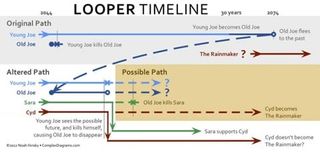
Do you spot the problem yet? Well, Metro reporter and Cinema Blend friend Ned Ehrbar did, and it's a pretty big one.
At the end of Looper, Young Joe (Joseph Gordon-Levitt) realizes that Cid (Pierce Gagnon) only becomes the evil known as The Rainmaker after Old Joe (Bruce Willis) kills Cid's mother, Sara (Emily Blunt). In order to stop the cycle of violence, Young Joe decides that his only option is to shoot himself, which erases Old Joe from the timeline, spares Sara's life, and presumably saves Cid from going down an evil path. It seems to wrap up everything in a nice little bow, but looking at the infographic it appears that Young Joe's sacrifice may have meant absolutely nothing.
Ned pointed out to us that in the first timeline we see - the one where Young Joe kills Old Joe and lives 30 more years - The Rainmaker is still created, causing chaos and killing people. If this happens in a timeline where Old Joe doesn't jump back and to try and kill Cid as a child, this means that Joe didn't actually have any effect on The Rainmaker and that his rise is inevitable.
But there's another important wrinkle to iron out. Cid is described as having a prosthetic jaw (and we see him get shot in the face towards the end of the film) and is taking revenge against Loopers by closing all of the loops, but how does this happen in the primary timeline if Old Joe wasn't the one that shot him? If that means that another Looper went back in time and tried to kill Cid, in the words of Ned, "Why are we watching Joe's story and not the other guy's?"
CINEMABLEND NEWSLETTER
Your Daily Blend of Entertainment News
The entire film is kind of an interesting take on the idea of, "What would happen if you went back in time and tried to kill Hitler?" Would doing so have prevented the Holocaust and World War II? Some have argued that it wouldn't have made a bit of difference, as the political and social climate would have just had someone else take his place and it would all happen the same way. It's possible that you can say the exact same thing about Cid and his transformation into The Rainmaker: it's a simple inevitability. This doesn't completely break Looper, but it does severely weaken the entire point of the ending.
What do all of you think about this? Is there another explanation has to how Old Joe could have created Cid on the "original path?" Let us know your thoughts and theories in the comments below.

Eric Eisenberg is the Assistant Managing Editor at CinemaBlend. After graduating Boston University and earning a bachelor’s degree in journalism, he took a part-time job as a staff writer for CinemaBlend, and after six months was offered the opportunity to move to Los Angeles and take on a newly created West Coast Editor position. Over a decade later, he's continuing to advance his interests and expertise. In addition to conducting filmmaker interviews and contributing to the news and feature content of the site, Eric also oversees the Movie Reviews section, writes the the weekend box office report (published Sundays), and is the site's resident Stephen King expert. He has two King-related columns.
